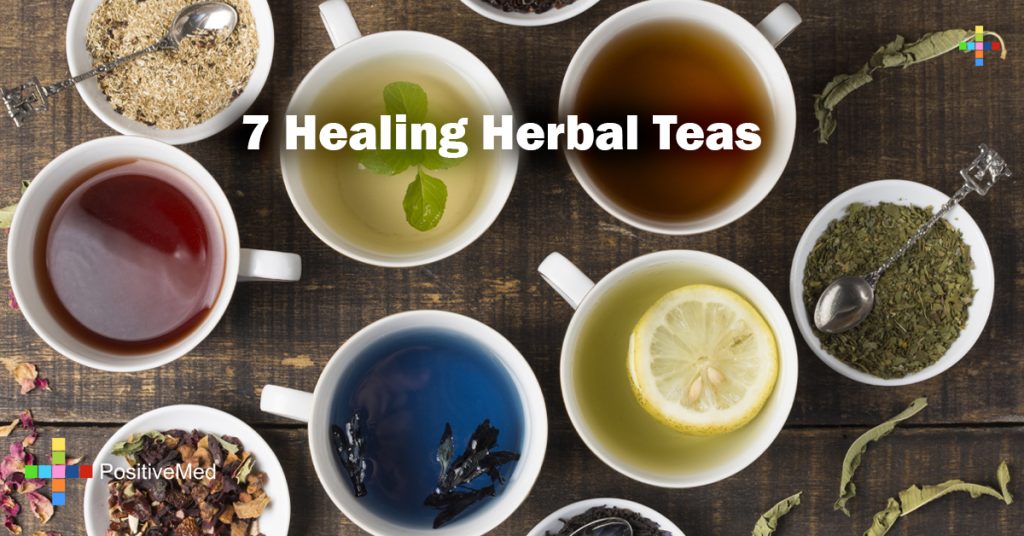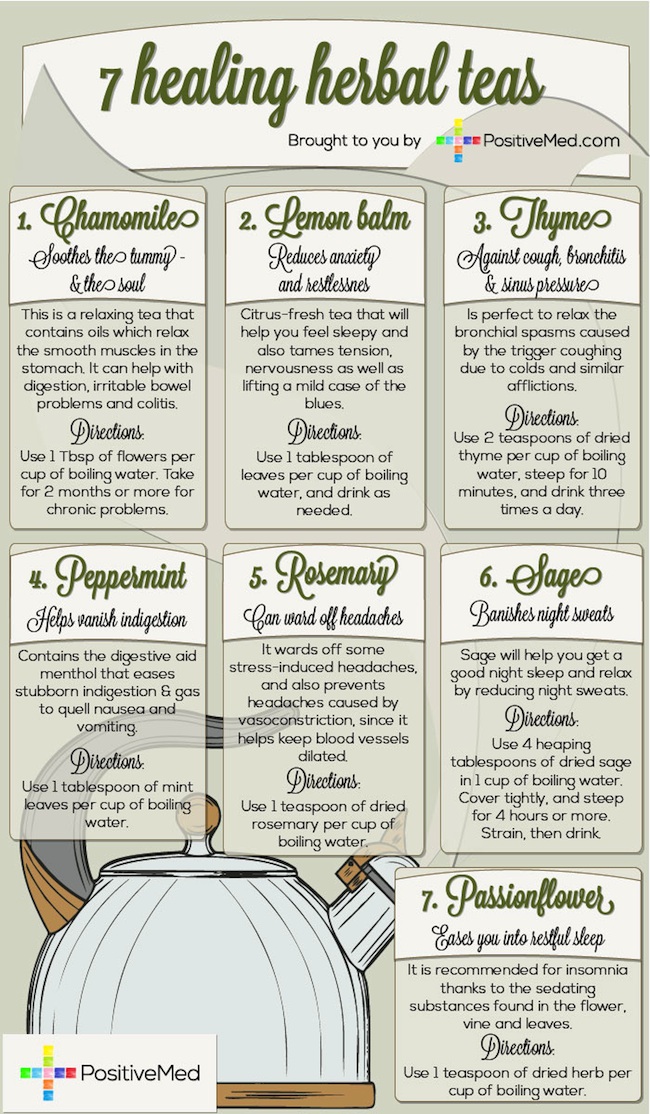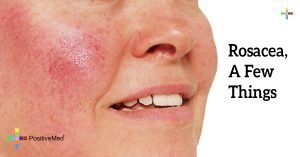
7 Healing Herbal Teas
For centuries, people have relied upon natural remedies, such as healing herbal teas. Many people still turn to such remedies for minor issues. They can be safe, effective and require no prescription.
Many modern medicines actually originated from natural sources, but were turned into a synthetic product. However, the natural source is often superior to the synthetic version. Quinine comes from the bark of a tree and can be used to treat malaria. It inspired the development of several synthetic drugs. Some strains of malaria are becoming resistant to the synthetic drugs, yet they remain treatable by natural quinine.
One reason may be that the natural source is more complex. Synthetic drugs typically consist of a single active ingredient that has been identified as the important part of the equation. But, this is a less elegant approach than the more complex compound developed by mother nature over countless ages.
When you drink healing herbal teas, you get the full complexity of what mother nature designed. This complexity can allow you to get the desired effect more gently than what you typically experience with over the counter drugs intended to treat the same problem. Natural remedies are better because they subtler.
1. Chamomile — Soothes the tummy—and the soul
Chamomile is a relaxing tea that contains oils that relax the smooth muscles in the stomach, it can help with digestion, irritable bowel problems and colitis.
Directions: Use 1 tablespoon of flowers per cup of boiling water. Take for 2 months or more for chronic problems.
2. Lemon Balm — Reduces anxiety and restlessness
Lemon balm is a citrus-fresh tea that will help you feel sleepy and also tames tension, nervousness as well as lifting a mild case of the blues.
Directions: Use 1 tablespoon of leaves per cup of boiling water, and drink as needed.
3. Passionflower — Eases you into restful sleep
Passionflower is recommended for insomnia thanks to the sedating substances found in the flower, vine and leaves.
Directions: Use 1 teaspoon of dried herb per cup of boiling water.
4. Peppermint — Helps banish indigestion
Peppermint contains the digestive aid menthol that eases stubborn indigestion and gas to quell nausea and vomiting
Directions: Use 1 tablespoon of mint leaves per cup of boiling water.
5. Rosemary — Can ward off headaches
Rosemary wards off some stress-induced headaches, it also prevents headaches caused by vasoconstriction, since it helps keep blood vessels dilated, and this fragrant herb also perks up roasts and poultry.
Directions: Use 1 teaspoon of dried rosemary per cup of boiling water.
6. Sage — Banishes night sweats
Sage will help you get a good night sleep and relax by reducing night sweats, it also seasons poultry stuffing.
Directions: Use 4 heaping tablespoons of dried sage in 1 cup of boiling water. Cover tightly, and steep for 4 hours or more. Strain, then drink.
7. Thyme — Reduces cough, bronchitis, sinus pressure
Thyme tea is perfect to relax the bronchial spasms caused by the trigger coughing due to colds and similar afflictions.
Directions: Use 2 teaspoons of dried thyme per cup of boiling water, steep for 10 minutes, and drink three times a day.






